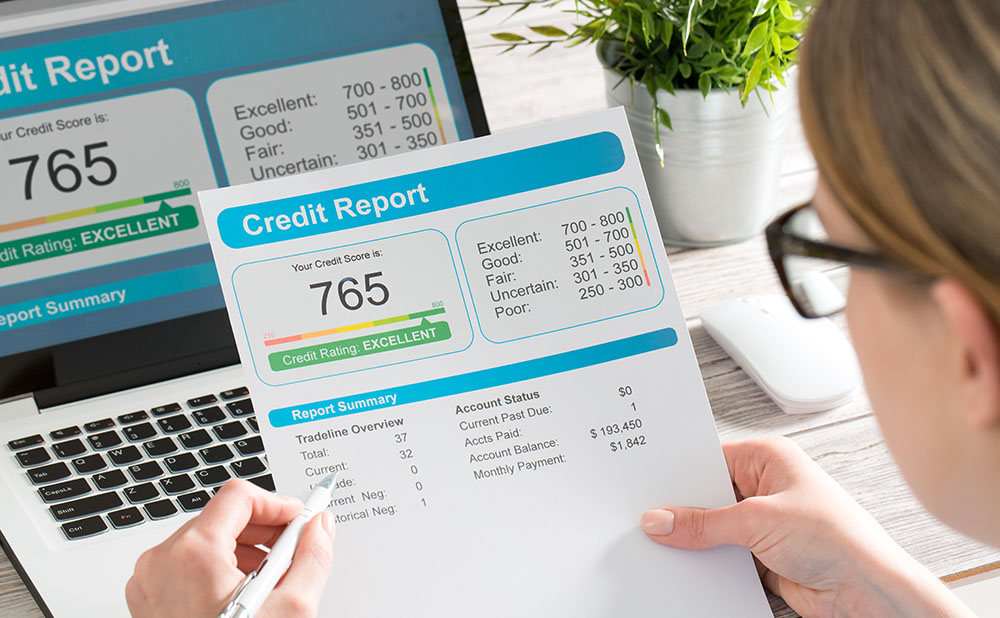
For many small business owners, getting a self-employed mortgage loan can seem overwhelming, if not almost impossible. But it doesn’t have to be that way. The key is being prepared and using a lender that specializes in self-employed mortgages.
Here are five tips for a smooth mortgage process and ultimate success for business owners looking to buy a home.
1. Use a Tax Professional
Ever heard of the saying, “Give me the bottom line”? The expression has roots in the financial industry.
Sure, you may have grossed $150,000 last year (Top Line); however, writing off $140,000 in business expenses leaves you with a Bottom Line of . . . you guessed it, $10,000.
So, lenders are forced to qualify you as only making $10,000 per year. Sorry, but that won’t get you approved for a mortgage loan, and a good tax professional will know the difference. Gone are the days of writing your income on a loan application without supporting documentation. Today all qualifying income must be documented.
A good tax professional will help you understand how to maximize your savings but keep everything reasonable.
2. Keep a Separate Business Bank Account
Did you know a car payment or other business payments on your credit can be omitted from underwriting analysis if it’s paid for out of your business account?
If you have a vehicle or credit card that the business pays for, it’s important to pay for those debts out of the business account – ALWAYS.
In order to do this, you must separate your personal and business finances – you need different bank accounts. You can’t run everything through one account.
For example, if John owns John’s Painting Company in St. Louis and pays for his company truck out of his business account, the expense won’t be counted as a personal debt.
But, if he pays for that truck payment out of his personal account and it shows up on the bank statements, it will be counted in his debt-to-income ratio and could mean not getting approved if the payment was high and income tight.
3. Document All Business Income & Expenses
With very few exceptions, lenders require two years of tax returns for all self-employed applicants. In the case of business owners that own a separate corporation, two years of personal returns and two years of corporate returns are required. There are exceptions to this rule where we can use one year of income to qualify for a mortgage. Certain conditions apply.
Ask your accountant for a PDF copy of your tax returns. It makes the mortgage process smoother when you can easily upload your documentation. In addition to taxes, you’ll most likely need a current profit and loss statement.
Besides documenting your income, your income, you’ll need to show the number of years of self-employment. To get a mortgage, you have to be self-employed for a minimum of two years. The underwriter may ask for your business license also.
4. Know Your Credit Score

Although you’re applying for a self-employed mortgage loan, the underwriter will look at your personal credit score – not your business credit. The minimum credit score you’ll need is at least 620. But for a score of 620, you’ll be looking at government mortgages like FHA loans. For the best rates, you’ll need a 740 or above.
But when you add the risk “layer” of being self-employed, the higher your score, the smoother your loan application will be. If you don’t have a current credit report, let us know. We can pull your credit and go over it with you.
The more “compensating factors” you have help getting approved. Some examples are high income, substantial savings, larger down-payment, or excellent credit scores.
5. Show Your Assets
No mattress money, no cash in drawers, nada. The more assets we can show with proof – for example, bank statements, the more likely you’ll look like you can weather any financial storm that may hit.
Remember, not all mortgage lenders excel with self-employed borrowers. Homestead Financial has helped thousands of self-employed borrowers get a home loan over the years, and we can help you too. Contact us today.